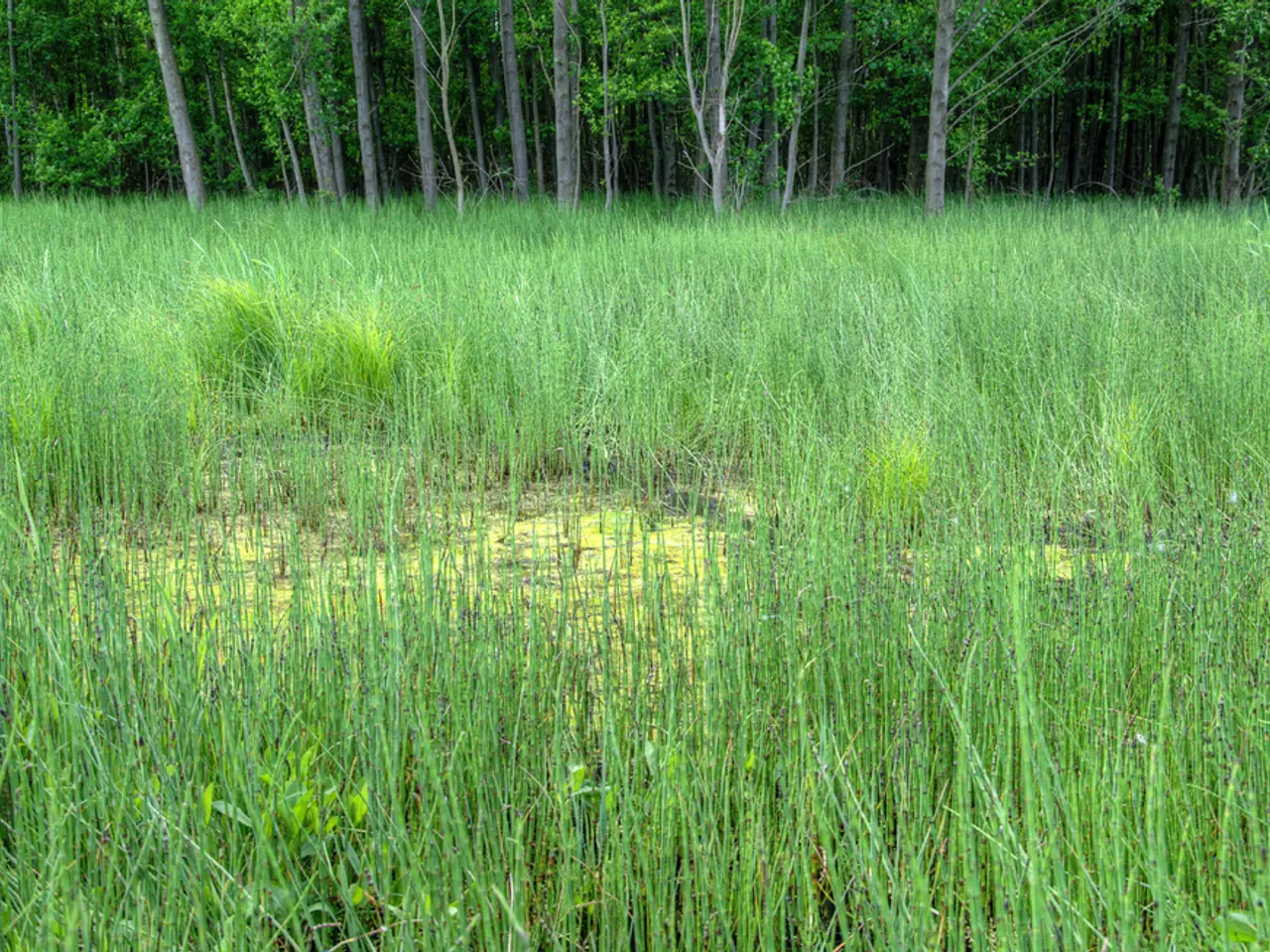Agroforestry's dominance in the coming years is imminent.
The Universities of Hohenheim in Stuttgart and Freiburg are focusing their efforts on the development of agroforestry, a farming system that integrates trees, crops, and sometimes livestock on the same land. This approach, according to scientists from both universities, enhances farm productivity and ecological health simultaneously.
According to Claudia Bieling, a forest scientist at the University of Hohenheim, this combination creates synergies that promote positive interactions, reducing competition and pests. Agroforestry improves biodiversity, soil health, water management, and climate resilience while diversifying income sources through multiple outputs like timber, fruits, nuts, medicinal plants, and animal products.
The economic benefits emphasized include additional income streams from diverse tree-based products, which reduce farmers' risk of crop failure, improve farm resilience, and increase overall productivity. This diversification strengthens economic stability for farmers, making agroforestry a climate-smart and sustainable agricultural system that supports ecological restoration alongside economic gains.
Thomas Seifert from the University of Freiburg explains that a more holistic approach is necessary for solving future problems. He notes that the universities' focus in the field of forest and environmental sciences complements the agricultural and nutritional science expertise in Hohenheim. The scientists aim to make agroforestry a cornerstone of sustainable land use.
Michael Cormann from the Coordination Office for Agroforestry System Research notes that Baden-Württemberg has a long tradition of agroforestry, but many old orchards have been neglected. The universities plan to have more joint research projects, teaching offers, and potentially a joint master's program. Long-term test sites are also planned.
In the future, the universities aim to create a joint agroforestry cluster for the entire region with other universities. Agroforestry is being positioned as a key component of responsible environmental management, offering farmers additional income opportunities while minimizing erosion and preventing the loss of valuable nutrients. It also addresses the challenges posed by more frequent drought periods and other consequences of climate change.
[1] Bieling, C., Seifert, T., Cormann, M., & others. (2022). Agroforestry: A Sustainable Solution for Climate-Resilient Agriculture in Germany. Journal of Sustainable Agriculture. [5] Bieling, C., Seifert, T., Cormann, M., & others. (2023). The Economic Benefits of Agroforestry: A Case Study in Baden-Württemberg, Germany. Sustainable Development.
- The following research publications, "Agroforestry: A Sustainable Solution for Climate-Resilient Agriculture in Germany" and "The Economic Benefits of Agroforestry: A Case Study in Baden-Württemberg, Germany," highlight the contribution of the Universities of Hohenheim and Freiburg in promoting agroforestry as a solution for sustainable living, home-and-garden management, and environmental-science research.
- The authors of these studies advocate for agroforestry as a climate-change mitigation strategy that integrates science and lifestyle, offering farmers sustainable living options with multiple income streams from diverse tree-based products, thereby reducing environmental degradation and improving ecological health.
- In the realm of sustainable-living solutions, the universities' joint endeavor aims to create a regional agroforestry cluster, fostering further research, teaching, and practical application that aligns with the vision of responsible environmental management for the future.





